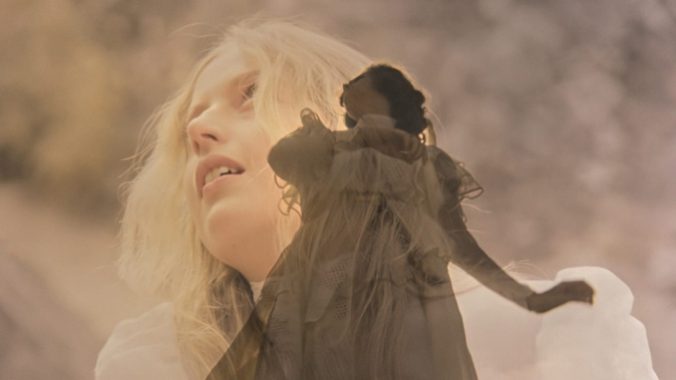Best of Criterion’s New Releases: April 2024

Each month, Paste brings you a look at the best new selections from the Criterion Collection. Much beloved by casual fans and cinephiles alike, Criterion has presented special editions of important classic and contemporary films for over three decades. You can explore the complete collection here.
In the meantime, because chances are you may be looking for something, anything, to discover, find all of our Criterion picks here, and if you’d rather dig into things on the streaming side (because who’s got the money to invest in all these beautiful physical editions?) we’ve got our list of the best films on the Criterion Channel. But you’re here for what’s new, and we’ve got you covered.
Here are all the new releases from Criterion, April 2024:
-

-

-

-

-

-

-

-

-

-

-

-

-

-

-

-

-

-

-

-

-

-

-

-

-

-

-

-

-

-

-

-

-

-

-

-

-

-

-

-








































